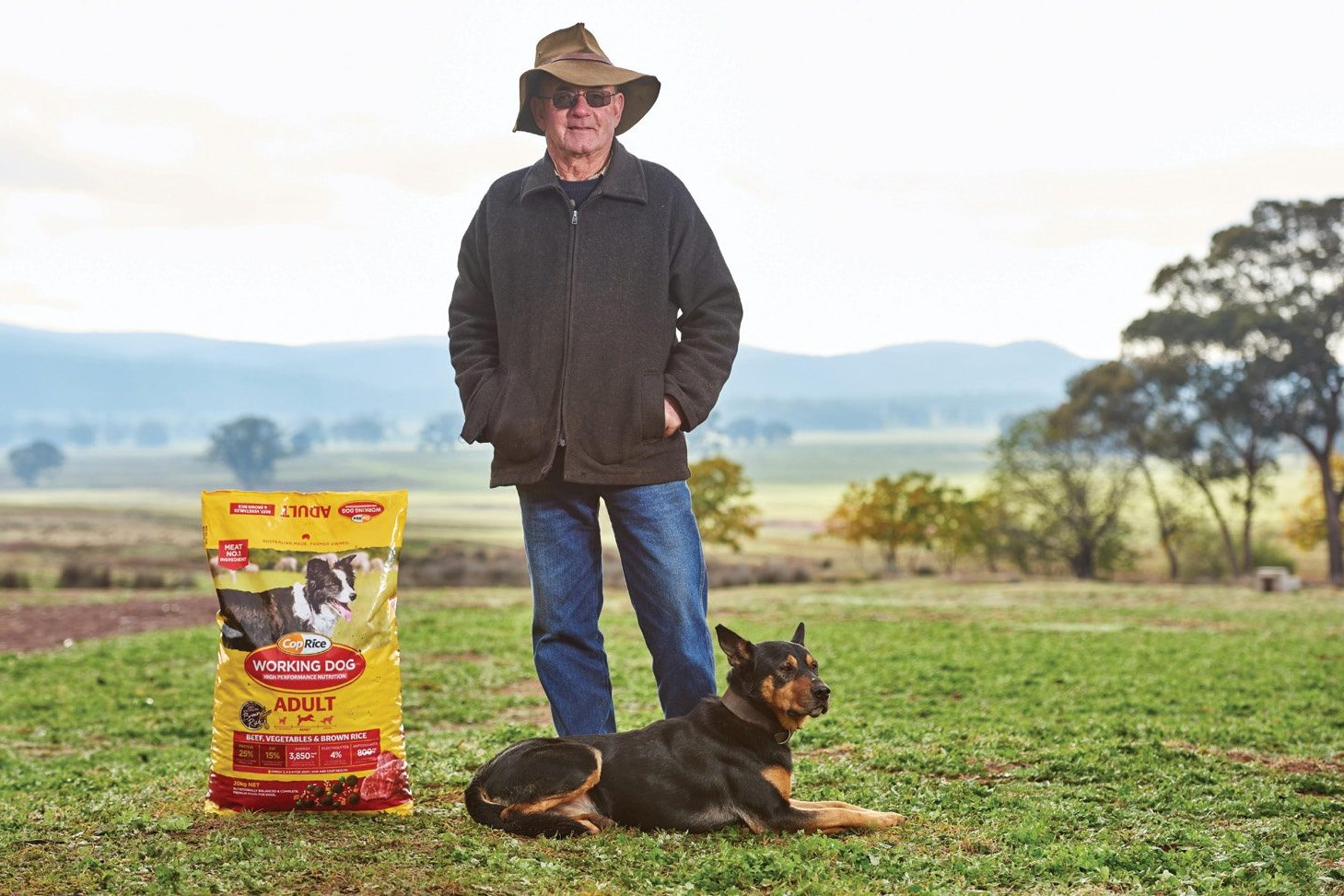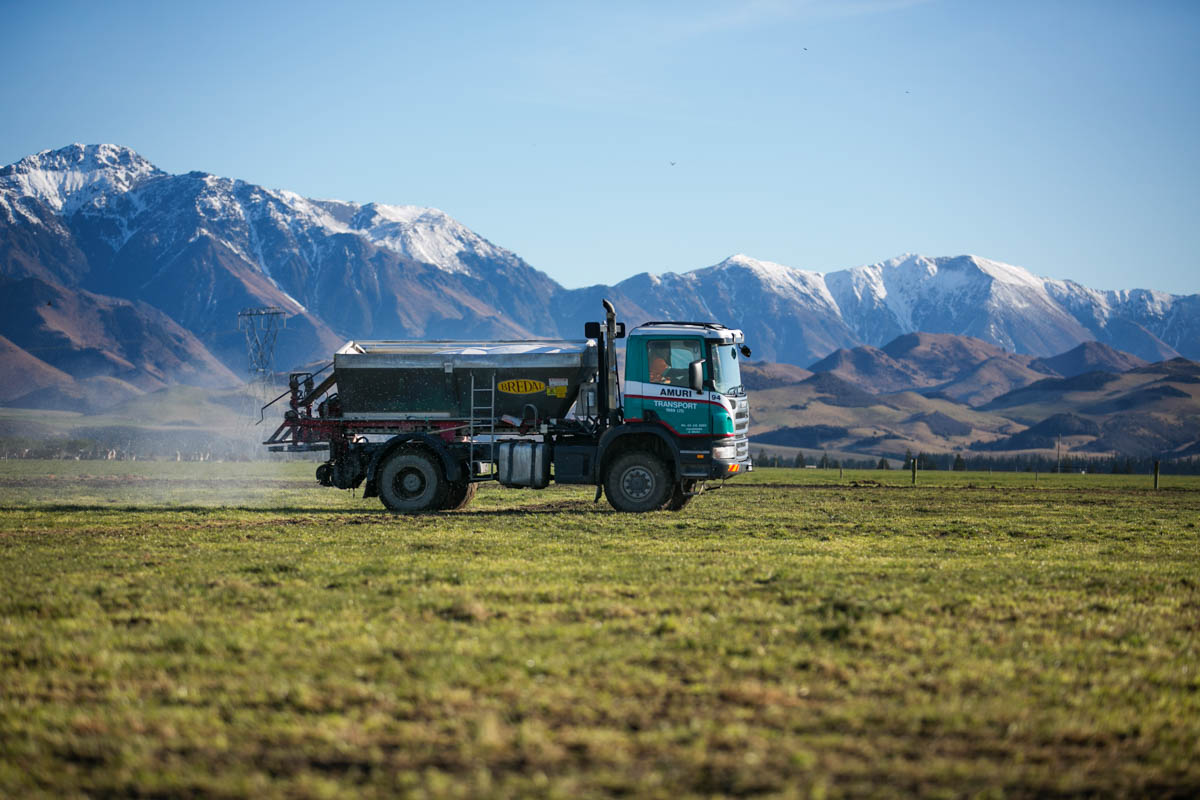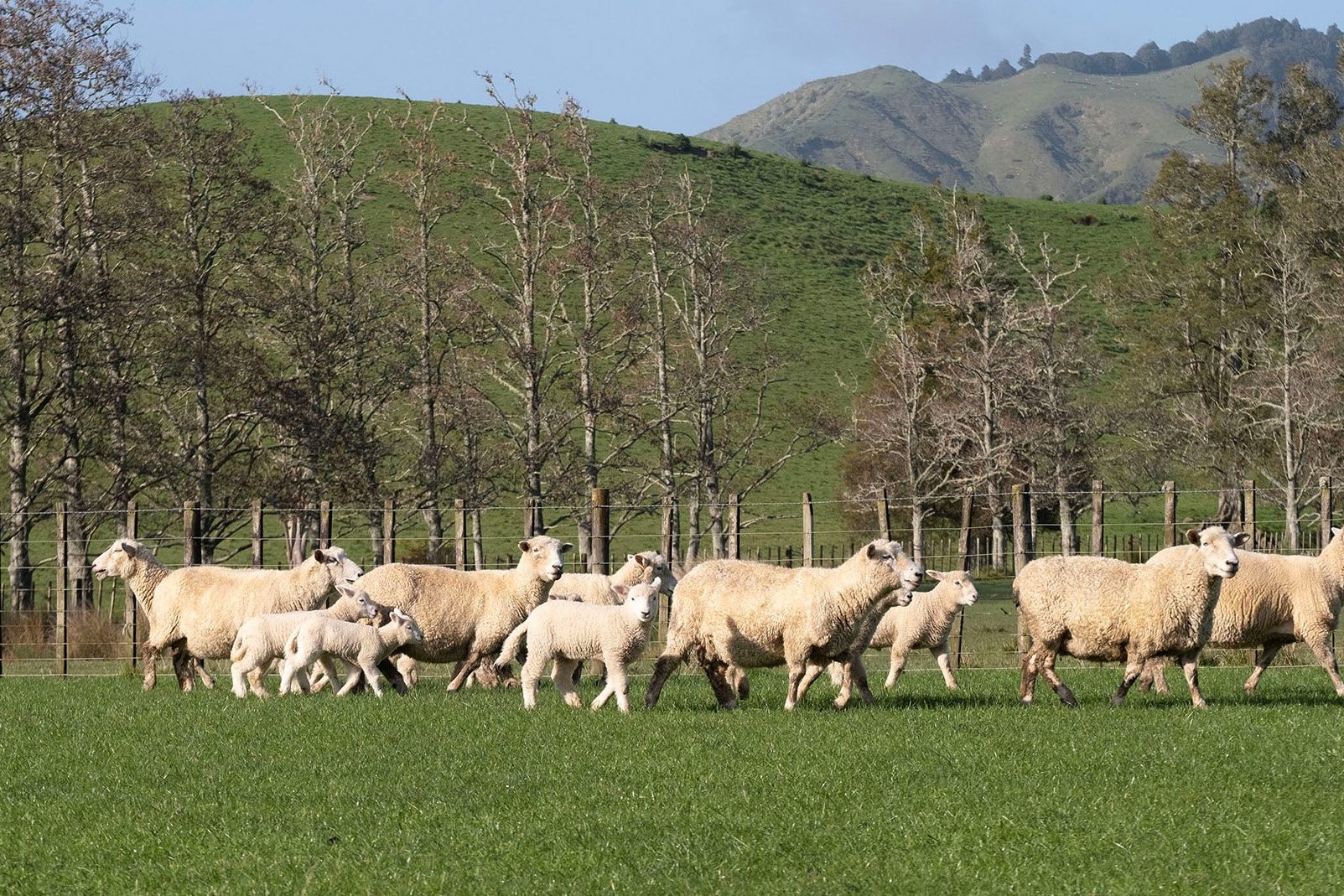Looking after the MVP
To get the best out of your dog, it is important they are in peak condition, both inside and out.

TO GET THE BEST OUT OF YOUR DOG, it is important they are in peak condition, both inside and out.
Mostly housed outside, they have additional nutritional requirements to keep warm in winter (via shivering) or cool in summer (via panting). Feeding a high quality dog diet provides a concentrated, palatable and nutritionally balanced source of energy.
Dry food is by far the most practical format, being up to four times more energy-dense than other pet food types. In general, working dog food contains higher levels of protein and fat compared to family dog foods.
The feeding guide on packaging provides a guide on how much to feed your dog depending on its workload.
The best way to know if your dog is getting the right amount is by regular observation of the dog’s body condition.
Ideally, the dog’s ribs and spine should not be visible but can be easily felt by running your hands over its body. The dog should have a noticeable waist. An ideal body condition – neither under nor overweight – means the volume and quality of food eaten matches the dog’s needs.
The easiest health indicator is to look at the dog’s physical condition. Illness, stress, and an inadequate diet can impact the skin, eyes and overall temperament of the dog.
A healthy dog will have bright and clear eyes, with no signs of redness, soreness or discharge. The coat will look healthy and shiny as opposed to dull and patchy, and the skin will not be itchy, flaky or irritated.
Promoting muscle recovery by feeding a high quality diet within two hours of hard exercise, regular rest and recovery time and reducing physical risks to the dog will aid in sustaining peak condition and prolonging their working life.
Puppies need nourishment for optimal brain, bone and muscle development to prepare them for a life of hard work, stress and mental alertness.
Adults need diets high in fat with balanced and highly digestible carbohydrate sources to provide the sustainable energy required for gruelling workloads.
Seniors need nutrition to maintain bones, cartilage and joints, and quality proteins for sustaining muscle and body condition to enable an active lifestyle.
• More? Visit www.coprice.co.nz




